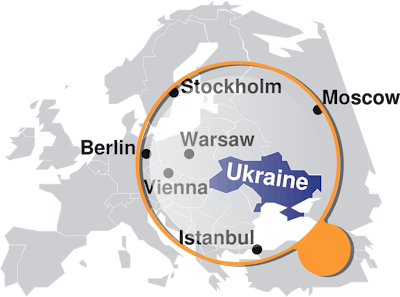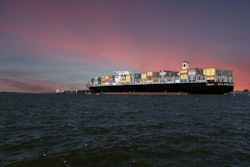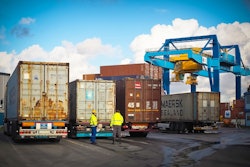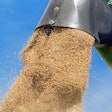
Nearly 25 million tonnes of grains are stuck in Ukraine and unable to leave the country due to infrastructure challenges and blocked Black Sea ports including Mariupol, a U.N. food agency official said on Friday.
"We know people around the world are going to be starving because of the actions of Russia," Canadian Prime Minister Justin Trudeau told Reuters in an interview on Sunday.
"There is grain waiting to be shipped in Ukraine. We have to make sure that Russia doesn't prevent the grain that the world needs from getting out to the world."
Shipments via Danube river ports could be part of the solution, Trudeau said, not revealing details, but adding that a number of options was being considered.
Trains in Europe haul grain, elude blockades
According to an AP report over the weekend, a train carrying 2,000 metric tons of Ukrainian corn arrived in Austria on Friday, part of European efforts to elude a Russian blockade of Ukraine’s ports that has prevented critical supplies of wheat, corn and other grains from getting to countries in Africa, Middle East and parts of Asia.
Austria’s Farming Minister Elisabeth Koestinger said the shipment marked the establishment of a “green corridor” for important cargo shipments between the two countries.
“Grain and animal feed exports can’t leave Ukraine via the sea route. That’s why we are creating green corridors,” Koestinger said.
Ukraine's wheat harvest may fall by 35%
In related news, The Guardian reported that wheat production in Ukraine is likely to be at least a third lower than in normal years, according to analysis of satellite images of the country.
Last year, Ukraine produced about 33 million tonnes of wheat, of which it exported about 20 million tonnes.
This year, with the situation as it stands, the country only has the potential to produce about 21 million tonnes of wheat, down about 23% on the average of the previous five years, according to analysis published on Friday by Kayrros, a satellite analysis company.
But with more disruption from the war likely, and fighting concentrated in the east where the main wheat-growing regions are found, Kayrros estimates that the wheat harvest is likely to be down by at least 35% this year compared with 2021.
Ukraine's Deputy Agriculture Minister Taras Vysotskiy said his country has large enough grain stocks in territory it still controls to feed the population in these areas and has enough fuel to meet farmers' daily needs,



















